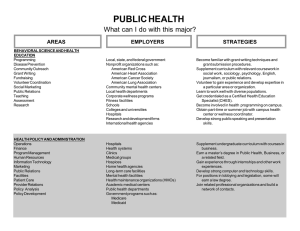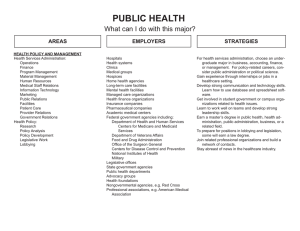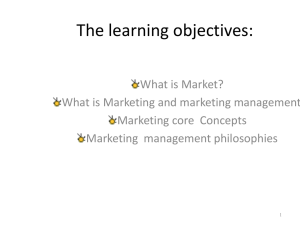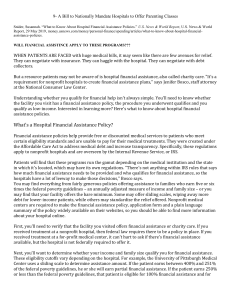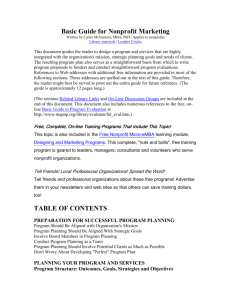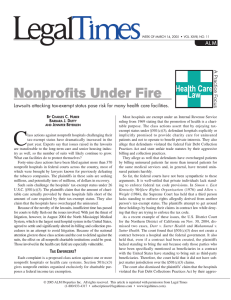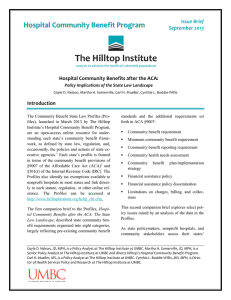PUBLIC HEALTH What can I do with this degree? STRATEGIES AREAS
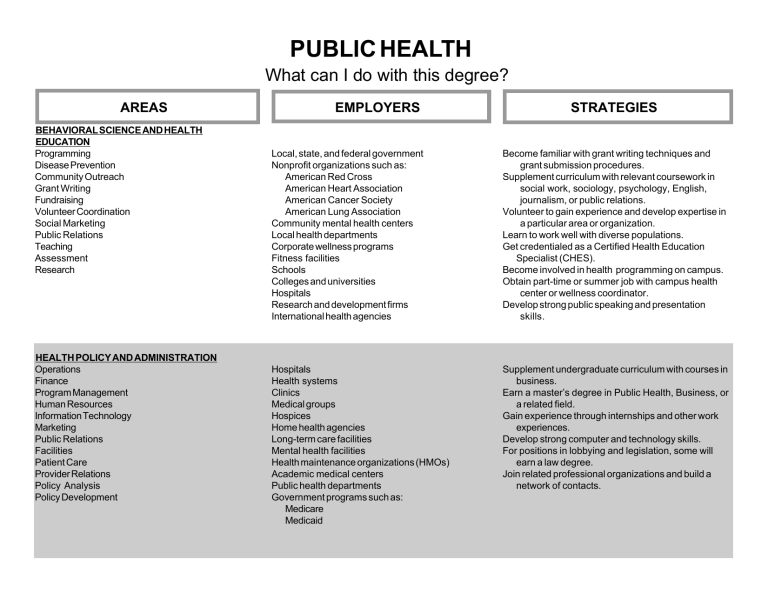
AREAS
BEHAVIORAL SCIENCE AND HEALTH
EDUCATION
Programming
Disease Prevention
Community Outreach
Grant Writing
Fundraising
Volunteer Coordination
Social Marketing
Public Relations
Teaching
Assessment
Research
HEALTH POLICY AND ADMINISTRATION
Operations
Finance
Program Management
Human Resources
Information Technology
Marketing
Public Relations
Facilities
Patient Care
Provider Relations
Policy Analysis
Policy Development
PUBLIC HEALTH
What can I do with this degree?
EMPLOYERS
Local, state, and federal government
Nonprofit organizations such as:
American Red Cross
American Heart Association
American Cancer Society
American Lung Association
Community mental health centers
Local health departments
Corporate wellness programs
Fitness facilities
Schools
Colleges and universities
Hospitals
Research and development firms
International health agencies
STRATEGIES
Become familiar with grant writing techniques and grant submission procedures.
Supplement curriculum with relevant coursework in social work, sociology, psychology, English, journalism, or public relations.
Volunteer to gain experience and develop expertise in a particular area or organization.
Learn to work well with diverse populations.
Get credentialed as a Certified Health Education
Specialist (CHES).
Become involved in health programming on campus.
Obtain part-time or summer job with campus health center or wellness coordinator.
Develop strong public speaking and presentation skills.
Hospitals
Health systems
Clinics
Medical groups
Hospices
Home health agencies
Long-term care facilities
Mental health facilities
Health maintenance organizations (HMOs)
Academic medical centers
Public health departments
Government programs such as:
Medicare
Medicaid
Supplement undergraduate curriculum with courses in business.
Earn a master’s degree in Public Health, Business, or a related field.
Gain experience through internships and other work experiences.
Develop strong computer and technology skills.
For positions in lobbying and legislation, some will earn a law degree.
Join related professional organizations and build a network of contacts.
(Public Health, Page 2)
AREAS EMPLOYERS STRATEGIES
ENVIRONMENTAL AND OCCUPATIONAL HEALTH
Air Quality
Food Protection
Radiation Protection
Solid Waste Management
Water Quality
Noise Control
Housing Quality
Vector Control
Risk Assessment
Management
Policy Development
Consulting
Government agencies such as:
CDC’s National Center for Environmental
Health
National Institute for Occupational Safety and
Health
Agency for Toxic Substances and Disease
Registry
Environmental Protection Agency
Food and Drug Administration
Local and state health deparments
Armed services
Private research facilities
Environmental agencies
Consulting firms
Plan to take courses in chemistry, biology, geology and other related sciences.
Learn to work well with a team of other professionals such as physicians, engineers, and scientists.
Read related journals to stay abreast of new trends and legislation in the field.
EPIDEMIOLOGY
Research
Teaching
Program Design
Program Evaluation
Incident/Disease Investigation
Risk Assessment
Surveillance
Local, state, and federal public health departments
Government agencies such as:
National Institutes of Health
Centers for Disease Control and Prevention
Armed services
World Health Organization (WHO)
Private research foundations
Pharmaceutical industry
Nonprofit organizations
Develop a solid background in the biological sciences and mathematics.
Gain experience with research. Volunteer to assist professors with research or apply for summer research programs.
Find a topic of interest and gain as much knowledge and experience in that area.
Earn a master's or doctoral degree in public health, epidemiology, mircrobiology, or a related field.
BIOSTATISTICS
Research Methodology
Data Analysis
Clinical trials
Teaching
Local, state, and federal government
Public health departments
Centers for Disease Control
Pharmaceutical industry
Biotechnology firms
Nonprofit organizations
Colleges and universities
Research institutions
Hospitals
International health agencies
Hone skills and interest in mathematics and statistics.
Develop strong computing and technology skills.
Get involved with research and gain as much experience as possible.
(Public Health, Page 3)
AREAS
INTERNATIONAL HEALTH
Social and Economic Development
Health Policy
Demography
Women’s Health
Children’s Health
Design of Healthcare Systems
Disease Prevention and Control
EMPLOYERS STRATEGIES
International organizations such as:
World Health Organization (WHO)
United Nations Children Fund (UNICEF)
United Nations Development Programme (UNDP)
Food and Agriculture Organization (FAO)
World Bank
Bilateral government development agencies such as:
Centers for Disease Control and Prevention
Public Health Service
Office of International Health
Peace Corps
Nonprofit organizations such as:
International Red Cross
CARE
Doctors Without Borders
Learn one or more foreign languages.
Study or intern abroad.
Learn to adapt to cultural and racial diversity.
Be willing to live and work in third world nations.
GENERAL INFORMATION
•
Public health is a broad, multi-disciplinary field. Other specialties within public health include areas such as: women’s health, children’s health, nutrition, bioterrorism, gerontology, and veterinary public health.
•
A bachelor’s degree opens the door for entry level opportunities in areas such as health education and promotion and environmental health.
•
A master’s degree is typically required for management, administration, research, policy development, biostatistics, and epidemiology.
•
A doctoral degree is required to reach the highest levels of administration or research and for university teaching positions.
•
Many opportunities in public health exist with government agencies especially: The Department of Health and Human Services, Public Health Service, Centers for Disease Control and Prevention, Substance Abuse and Mental Health Services Administration, Health Resources and Services Administration, Indian
Health Service, National Institutes of Health, and the Agency for Healthcare Research and Quality. Become familiar with government hiring procedures.
Obtain a government internship in area of interest.
•
Develop a speciality area of interest via supplemental coursework and/or work experience for greater marketability within that specific career field.
•
Cultivate personal characteristics such as enthusiasm, dedication, and a positive attitude. Maintain and demonstrate a personal commitment to healthy living.
•
Writing, research, and presentation skills are critical in most career fields related to public health.
•
Gain experience working with diverse populations across diverse settings. Learn to work well with others individually and in groups.
Prepared by the Career Planning staff of Career Services at The University of Tennessee, Knoxville. (2005)
UTK is an EEO/AA/Title VI/Title IX/Section 504/ADA /ADEA Employer
